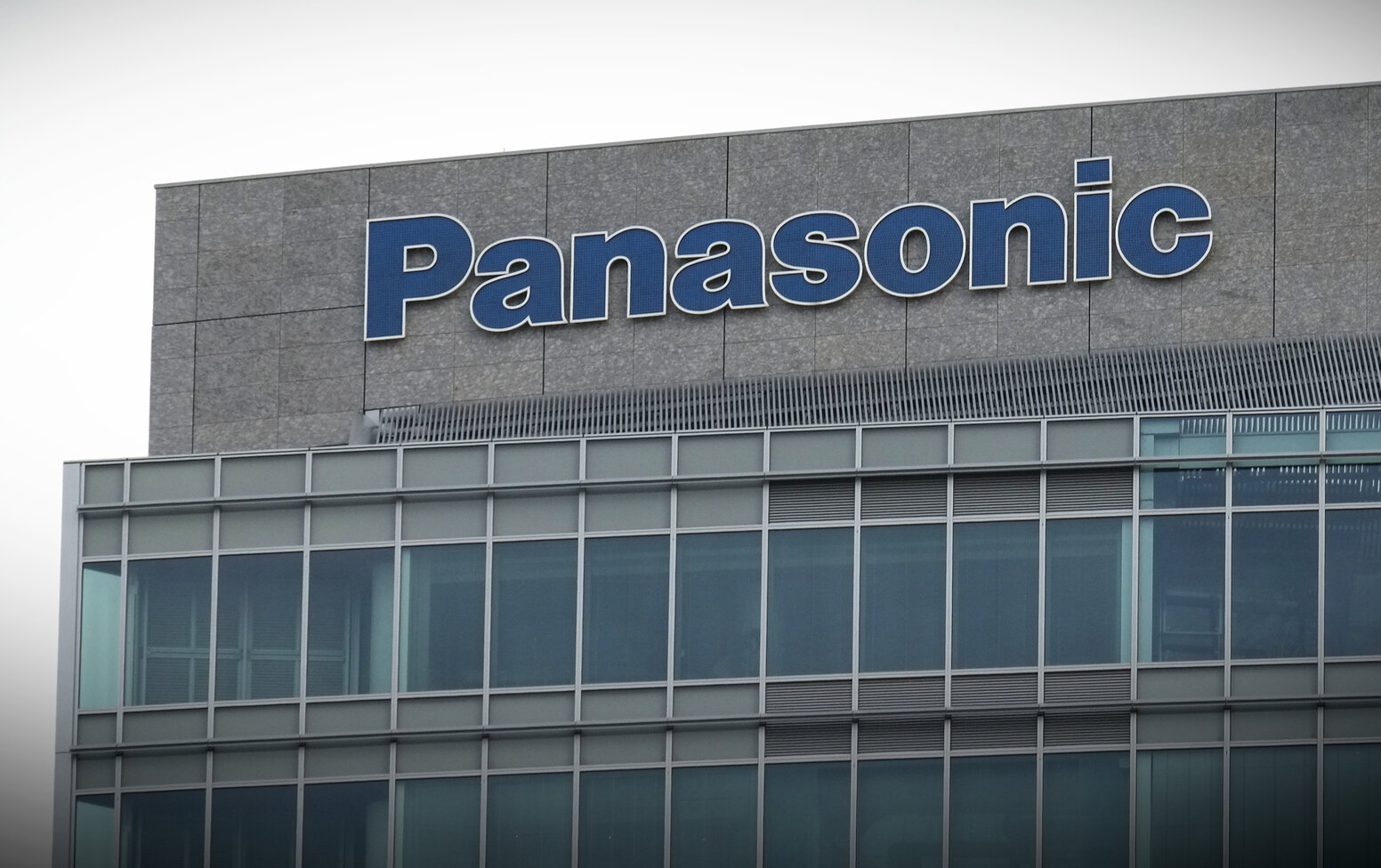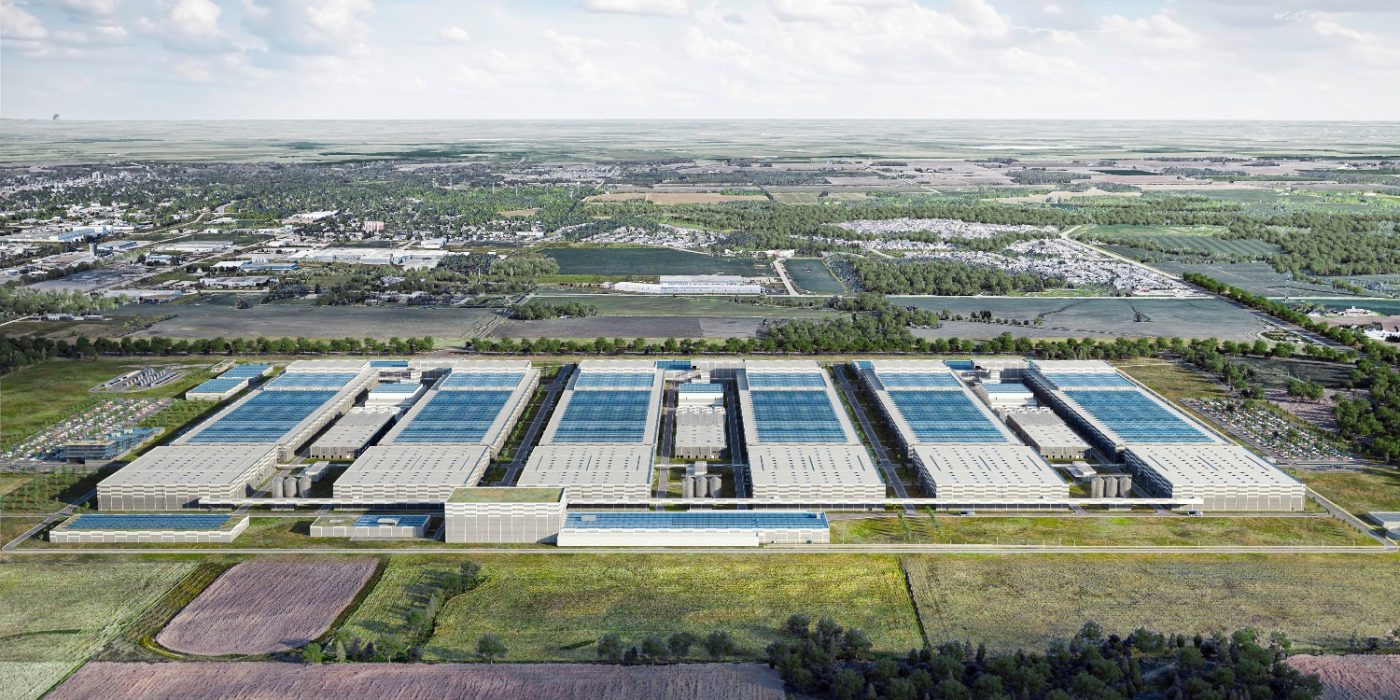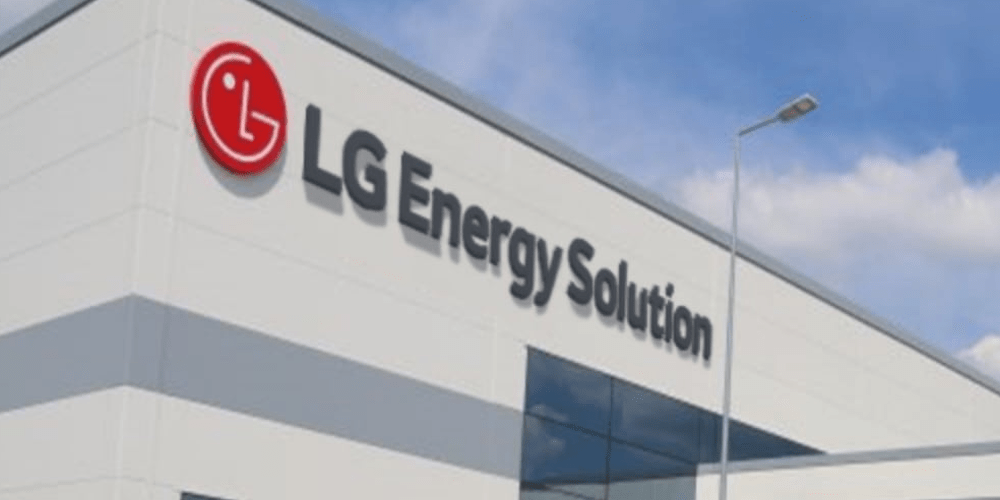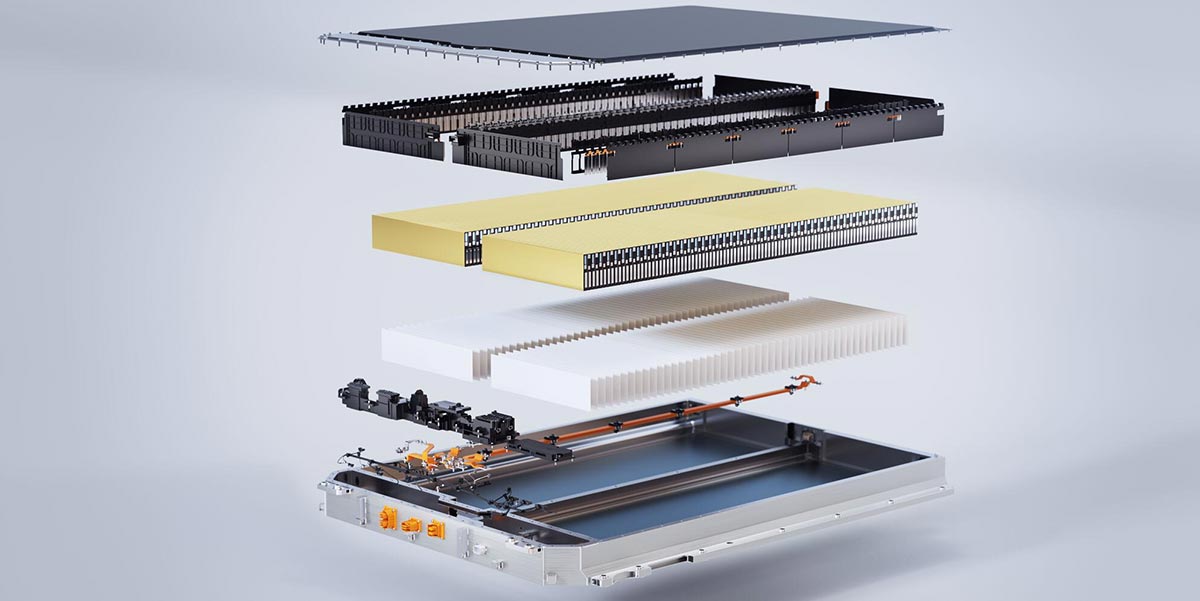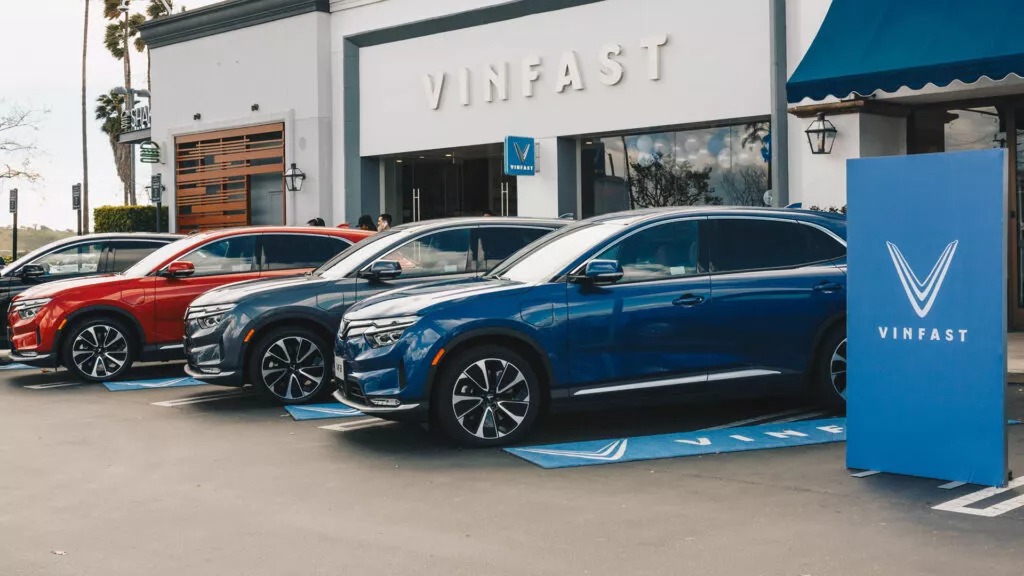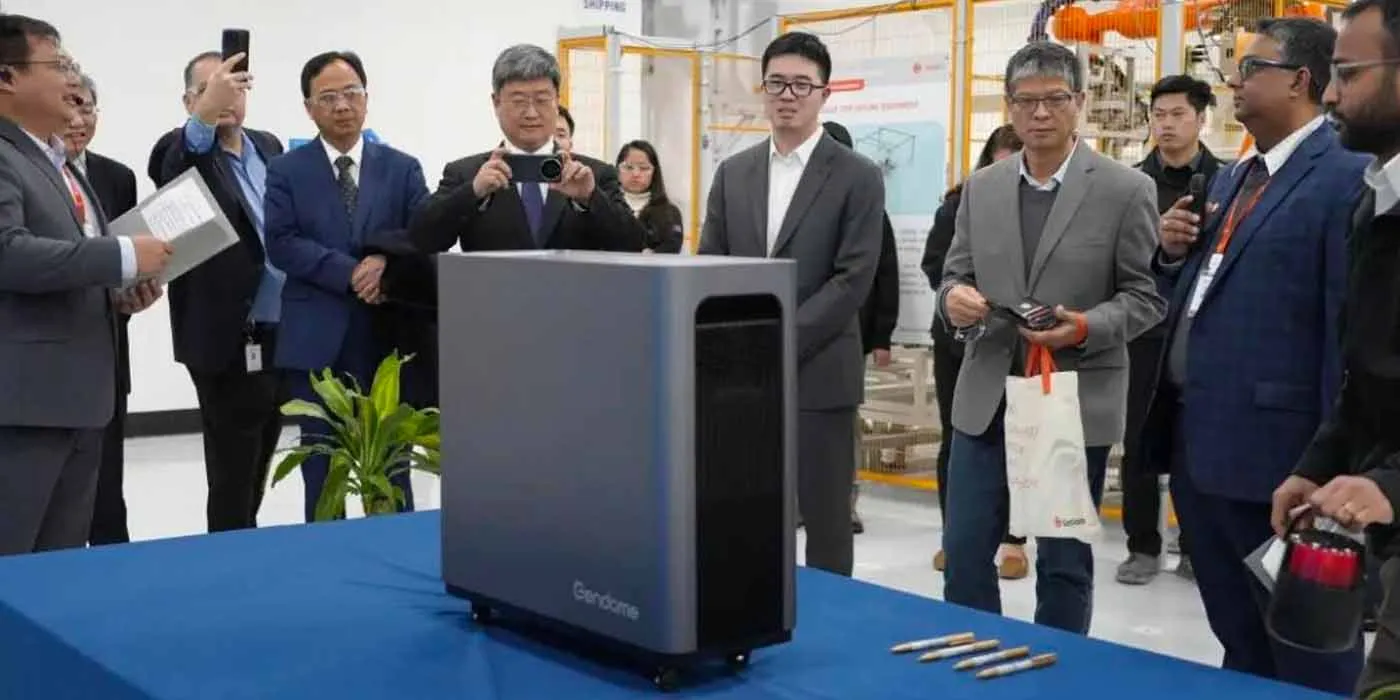Japanese battery giant Panasonic has recently entered into an agreement with Sila Nanotechnologies, a California-based battery material specialist and Mercedes-Benz partner, to procure silicon-dominated anode material named Titan Silicon.
The deal aims to replace a larger portion of graphite in battery anodes with silicon, a move expected to enhance energy density. The undisclosed quantities of silicon anode material will be sourced from Sila Nanotechnologies’ plant in Moses Lake, Washington, set to commence commercial production in 2025.
Panasonic, a known supplier to Tesla and other automakers, plans to integrate Sila’s material into its anodes to gradually replace graphite. The collaboration aims to improve battery performance, increase range, and reduce charging times. Silicon, theoretically possessing ten times the capacity of graphite, is considered by Panasonic as pivotal to achieving a 25% increase in battery energy density. The company aims to elevate battery density from the current 800Wh/L to 1,000Wh/L by 2031.
Additionally, Panasonic cites the recent amendment to battery materials regulations under the US Treasury’s “Foreign Entity of Concern” (FEOC) as a motivation for sourcing materials within the USA. This move aligns with the Biden administration’s Inflation Reduction Act, focusing on reducing dependence on foreign entities, particularly China, in the battery supply chain.
Sila Nanotechnologies is concurrently expanding its facility in Moses Lake, Washington, with activities initiated in late November. The expansion aims to facilitate the production of Titan Silicon, offering 20% higher energy density and improved battery charging times. Sila’s Titan Silicon anode has gained attention, securing Mercedes-Benz as its first publicly announced automotive customer for future electric vehicles.
The expansion efforts in Moses Lake have received support from the US Department of Energy’s Office of Manufacturing and Energy Supply Chains (MESC), which granted Sila $100 million for facility expansion and workforce development. Sila anticipates hiring between 100 and 500 full-time employees over the next five years.
The collaboration between Panasonic and Sila Nanotechnologies reflects the growing emphasis on advancing battery technologies and securing a localized supply chain in the evolving landscape of electric vehicles.

